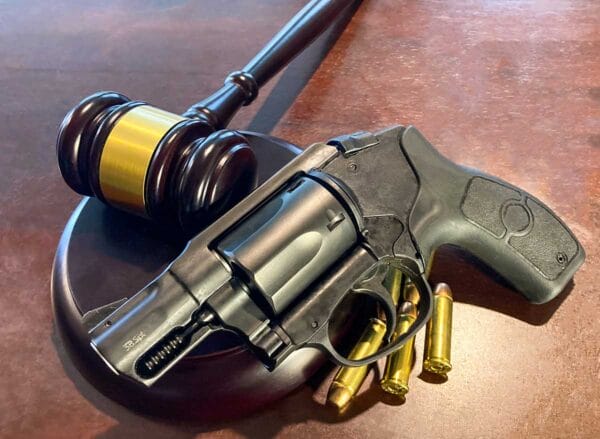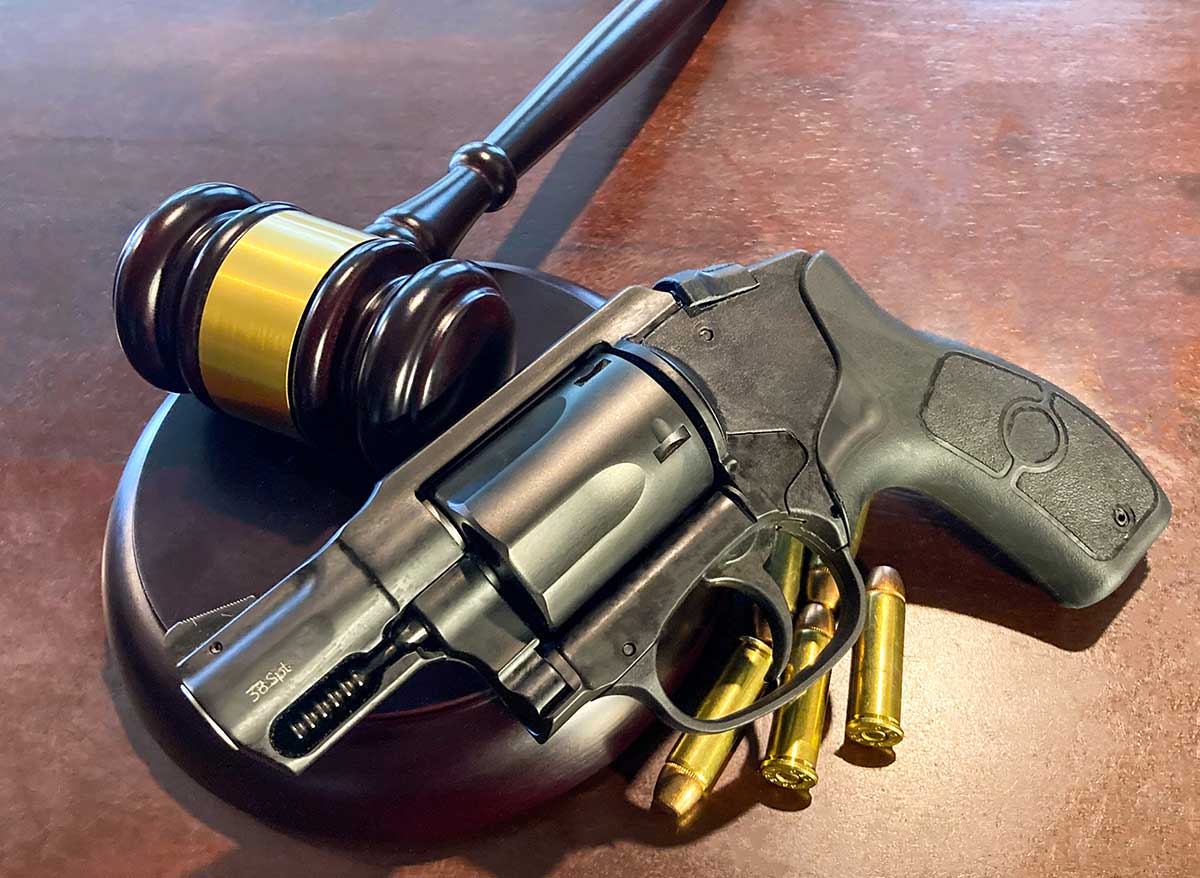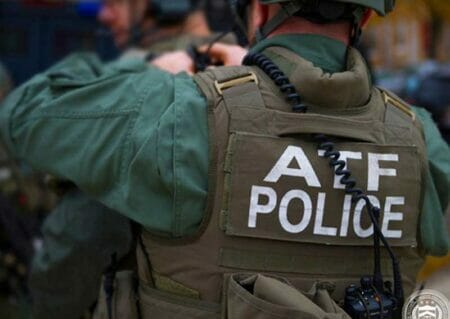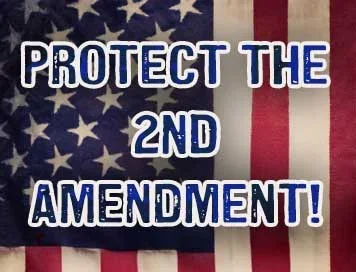
An Alaskan jury acquitted a man accused by the Bureau of Alcohol, Tobacco, Firearms and Explosives (ATF) of running a gun store without a federal firearms license (FFL).
Aaron Horwat owned Gator Guns Inc. in Kenai, Alaska, since 1982. During a routine ATF compliance inspection by an industry operations inspector (IOI) of the store, a government employee uncovered 321 missing firearms. Mr. Horwat claimed that the guns were not missing. He chalked it up to multiple clerical paperwork errors. The ATF didn’t buy the man’s excuse. They took further action and revoked the Alaskan man’s FFL in 2019, shutting down the store after almost 40 years in business.
All remaining firearms from the store were transferred to Mr. Horwat’s personal gun collection. The man would then start to sell off the guns through private sales. A concerned citizen would contact the ATF and tell them that the gun store was still open and selling firearms to the general public without running background checks. Under Alaskan law, private firearm sales do not require the seller to run a background check on the buyer. Starting in December of 2022, the ATF would send in undercover agents to purchase firearms from Horwat. The Bureau would make three control buys. In the summer of 2023, the ATF would arrest the Kenai man and charge him with dealing firearms without a license. The ATF claimed that he sold hundreds of guns illegally.
Instead of taking a plea deal, Horwat decided to fight the case. His lawyer, Steve Wells, claimed that these guns were now in Horwat’s private collection, and he had every right to sell off the guns. The ATF claimed that he was still in the business of selling guns. Mr. Wells pointed out that the government couldn’t prove that Horwat was buying guns to resell. He was just selling his privately owned firearms. The ATF recommends that gun stores that shut down sell off their inventory to another FFL or co-sign them with another gun store. Although these are the Bureau’s suggestions for an inventory of a closed gun store, it is not law.
“I think a number of the jurors just looked at this and said, ‘You know, it looks to be his inventory,’” Wells said. “As a private citizen, you can sell. And there’s no indication that he was buying and then turning around and selling after he lost his license.”
After a one-day trial, the jury sided with the defense and ruled that the prosecution didn’t prove beyond a reasonable doubt that Horwat was dealing firearms without a license. The fact that Horwat once possessed an FFL did not convince the jury that he was still in the business of selling guns. The jury believed Horwat was a private citizen selling his firearms collection.
The ATF seized 189 guns when they raided Horwat’s former business. Now, the ATF is required to return those firearms to the now-freed man. However, the guns purchased through the undercover operations do not have to be returned to the man.
About John Crump
Mr. Crump is an NRA instructor and a constitutional activist. John has written about firearms, interviewed people from all walks of life, and on the Constitution. John lives in Northern Virginia with his wife and sons, follow him on X at @crumpyss, or at www.crumpy.com.









He should sue for all of his legal fees and court costs.
I can think of only one good thing the ATF does regarding firearms (as opposed to real/violent crimes): getting stolen firearms back to the rightful owners. But that task can be done without the registry, 4473, or hammering on FFLs and gun owners.
SO the BATF agents who bought guns from this guy knowingly, according to their documents, purchased an illegally sold firearm. Where are THEIR fines and jail tim? Hmmmmm?
Sauce for the goose is sauce for the gander.
BATF NEED o be dismantled and tossed onto the ashheap of history. And good riddance to the bad rubbish.
It helped that this case’s venue was Alaska. Who knows what course of defense Mr Horwat might take, had it been any of the blue states?
NOTE TO ALL GUN OWNERS / DEALERS: As a retired former FFL Dealer, ( retail / storefront 38 yrs.) I can assure you the ATF is NOT not your friend!
I had an FFL from 1980 to 2024, 44 years. I gave it up because the last BATFE inspection in 2023 had become incredibly anal and the California regulations had become expensive and absurd. When I sent my records to the BATFE, the first line of the address in West Virginia is “FTC”. That stands for Federal Tracing Center. If the BATFE is not allowed by law to keep the records as a registration database, why call the depository a tracing center?